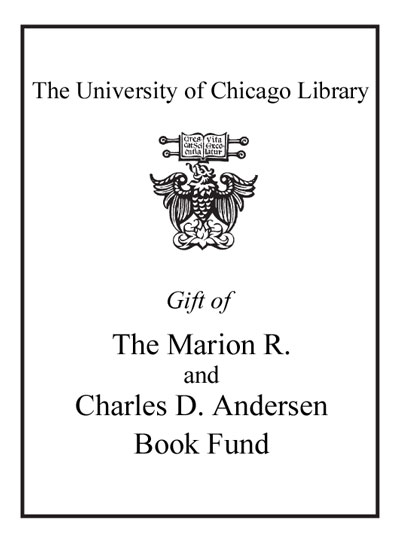Review by Choice Review
Brand (sociology, Univ. of California, Los Angeles) applies her expertise in sociological methodology and statistics to challenge the argument that college isn't for everyone. Drawing on representative data from national longitudinal studies, Brand uses a counterfactual framework to assess the causal effects of attaining a college degree. She argues that in order to assess the true value of a college degree, one needs to compare life outcomes in the presence and absence of a college degree. Her analysis includes wages, family-level poverty, public assistance, and civic engagement. The findings demonstrate that disadvantaged students, including low-performing students, receive more long-term benefits from a college degree than students who are predisposed to go to college. The first few chapters include a summary of relevant research, a thorough discussion of methodology, and a critique of popular arguments questioning the value of a college degree. The remaining chapters present the results of the author's analysis in each of the areas measured. Included in the book are helpful vignettes that illustrate the quantitative evidence. An excellent resource for students majoring in sociology, education, and public policy. Summing Up: Recommended. Advanced undergraduates through faculty. --Danielle Salomon, Mount Saint Mary's University, Los Angeles
Copyright American Library Association, used with permission.
Review by Choice Review

